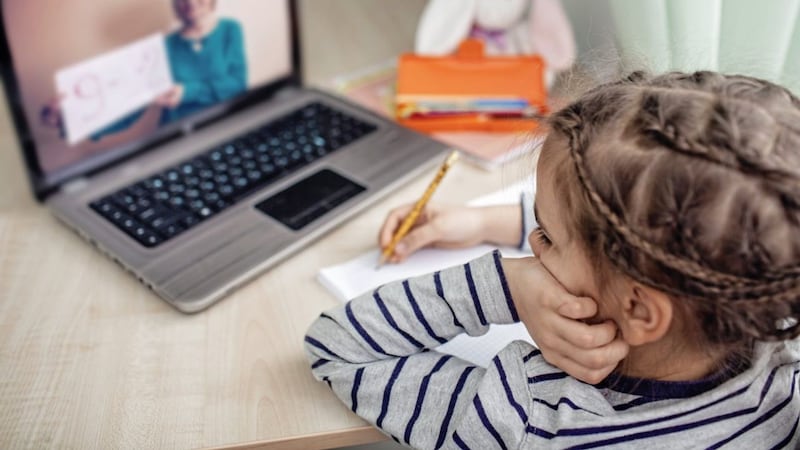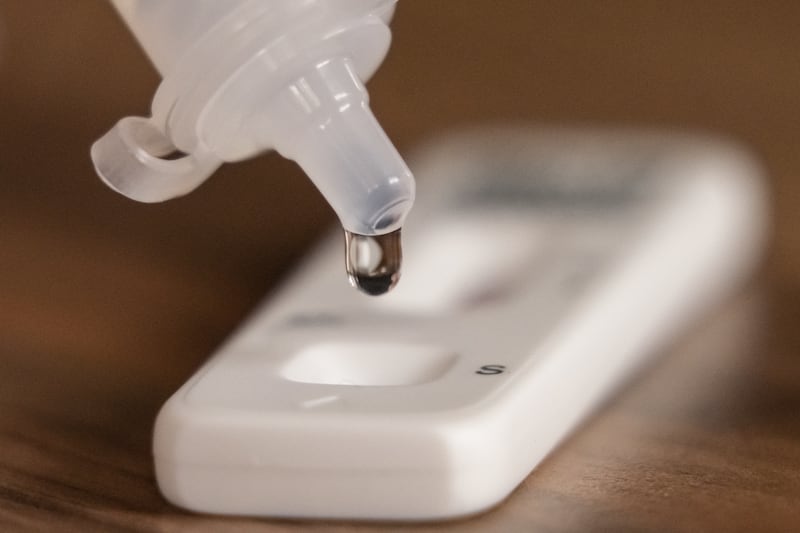KEY workers are feeling guilty and angry at being unable to support their children's learning, a study has found.
Academics from Stranmillis University College said parents were assuming a greater role than ever before in their child's education.
Remote learning was also testing schools and teachers to their limits in terms of adapting fast to providing, mostly online, resources for home learning.
Children were being thrown into a new, confined digital environment all amid a broader context of fear and uncertainty caused by the pandemic.
The Centre for Research in Educational Underachievement ran an online survey on experiences of home schooling during the lockdown.
It asked how parents were approaching the change, how schools were supporting them, and what could be done to better help their households.
It found that parents educated to university level were more than four times more likely to be working from home than those with no qualifications.
They were, therefore, the most likely to become directly involved in their children's schooling through teaching them directly or actively supporting them.
In contrast, parents/carers without a degree reported lower levels of confidence in managing home-education, and reported simply "monitoring" their children.
The survey highlighted particular challenges faced by essential workers.
"Essential workers are often working longer hours than before and are at greatest risk of becoming infected with the Covid-19 virus," the study found.
"While not universal among the group of essential workers, the strongest expressions of frustration and desperation came from within this group, struggling with physical exhaustion, fear of infection, an inability to spend as much time with their children to support their learning, and, in several cases, a resulting sense of guilt and anger."
Many respondents called for more live teaching and pre-printed resources.
Almost one quarter said they did not have a printer, and many complained of the costs incurred in providing ink and paper.
"We also found that only half of children have their own device to access online resources for schoolwork," the study added.
"When asked for a single recommendation to improve home-schooling, parents/carers' most common call was more live interaction with teachers. This could be for as little as 20 minutes once a week, either to introduce new curricular topics, or to allow some peer or pastoral interaction to raise motivation levels.
"We acknowledge the valid concerns of teaching unions and school leaders around the safeguarding of children and teachers, and encourage creative thinking about how the benefits of teacher/pupil interaction may be achieved safely."
The study also provided some insights into children's experiences of the lockdown learning period. Older children tended to prefer learning at school while younger pupils were more likely to prefer the home environment.







